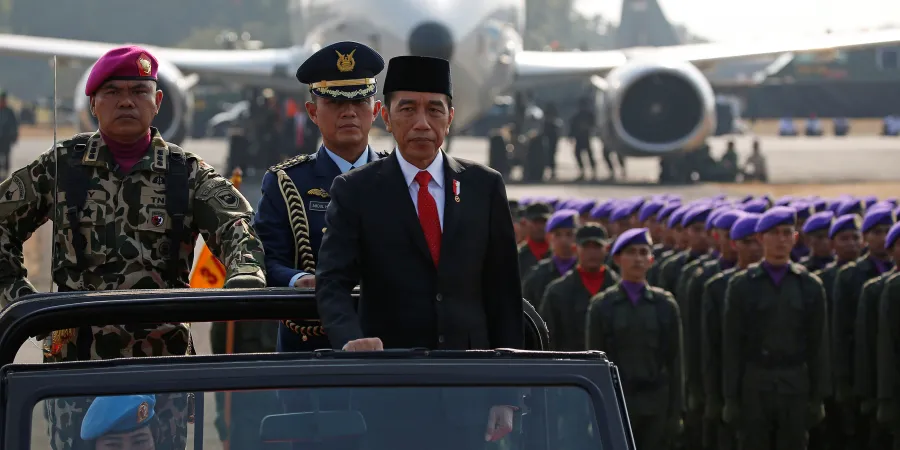Indonesia to Acquire Pandur II APCs with Elbit Unmanned Turrets
Czech defense firms won a contract to deliver the armored personnel carriers between 2021 and 2022. The Pandur II is said to have met the Indonesian military's criteria for combat-proven vehicles with high ballistic and mine resistance, floating capability, and good cross-country mobility in difficult terrain.
IsraelDefense
|
01/04/2020
Defense contractors from the Czech Republic are to produce 23 Pandur II wheeled armored vehicles for the Indonesian military.
The Czdefense website reported on March 25 that the Czechoslovak Group (CSG) companies won a contract, signed in December 2019, to deliver the eight-wheeled vehicles between 2021 and 2022. The report said the contact is worth billions of Czech crowns (1 USD= approx. 25 crowns).
CSG member Excalibur Army, which previously manufactured military equipment for Indonesia, is to fulfill the contract in cooperation with Tatra Defense Vehicle Company, a land systems manufacturer licensed to build the Pandur II. Indonesia's state-owned PT Pindad is to produce some of the technology and participate in the final assembly of the vehicles, according to the website.
The Pandur II meets the Indonesian military's criteria for combat-proven armored personnel carriers, ideally types used by NATO forces, with high ballistic and mine resistance, floating capability, and good cross-country mobility in difficult terrain, the report said.
The Indonesian version of the Pandur II is to be fitted with a UT30MK2 unmanned turret of Ares, the Brazilian branch of Israel's Elbit Systems.
The Pandur II, an improved version of the Pandur I, can reach a speed of 100 kmh and has a maximum cruising range of 700 km. Its armor provides protection against 7.62mm small arms fire. The vehicle can also be fitted with armor resistant to mines and to 14.5mm armor piercing shells, according to the report.
Czech defense firms won a contract to deliver the armored personnel carriers between 2021 and 2022. The Pandur II is said to have met the Indonesian military's criteria for combat-proven vehicles with high ballistic and mine resistance, floating capability, and good cross-country mobility in difficult terrain.
Defense contractors from the Czech Republic are to produce 23 Pandur II wheeled armored vehicles for the Indonesian military.
The Czdefense website reported on March 25 that the Czechoslovak Group (CSG) companies won a contract, signed in December 2019, to deliver the eight-wheeled vehicles between 2021 and 2022. The report said the contact is worth billions of Czech crowns (1 USD= approx. 25 crowns).
CSG member Excalibur Army, which previously manufactured military equipment for Indonesia, is to fulfill the contract in cooperation with Tatra Defense Vehicle Company, a land systems manufacturer licensed to build the Pandur II. Indonesia's state-owned PT Pindad is to produce some of the technology and participate in the final assembly of the vehicles, according to the website.
The Pandur II meets the Indonesian military's criteria for combat-proven armored personnel carriers, ideally types used by NATO forces, with high ballistic and mine resistance, floating capability, and good cross-country mobility in difficult terrain, the report said.
The Indonesian version of the Pandur II is to be fitted with a UT30MK2 unmanned turret of Ares, the Brazilian branch of Israel's Elbit Systems.
The Pandur II, an improved version of the Pandur I, can reach a speed of 100 kmh and has a maximum cruising range of 700 km. Its armor provides protection against 7.62mm small arms fire. The vehicle can also be fitted with armor resistant to mines and to 14.5mm armor piercing shells, according to the report.



